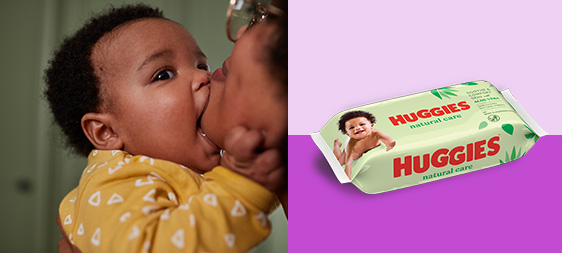Sometimes a baby refuses to settle to sleep, no matter what the parents try. It can be really hard to put in a lot of effort and do the best you can, without any signs that it’s working. From childhood we learn about cause and effect and how our actions translate into outcome. It’s no wonder then, that we can feel frustrated and confused when hours of soothing and comforting don’t seem to make a big difference.
Your baby is not an extension of you, no matter how deeply connected you feel. They are their own little person, with a unique range of needs and personality traits. Birth is the start of independent life and the first of many stages in separation. It can be worthwhile remembering that your influence as parents is not all-powerful and, in many ways, your children’s behaviour is out of your control.
Do the best you can, when you can, be kind to yourself, and remember that your baby is not deliberately trying to upset you.
Ask for help from people you trust and try to accept any reasonable offers of support. Even asking someone to hold the baby for you while you shower or have a meal can make a difference.
Avoid feeling disappointed if parenting doesn’t turn out to be what you expected. There are no guarantees that babies will always be calm and happy. It pays to be flexible, and not set yourself such high standards, that it is impossible to meet them.
Aim to be a “good enough” parent, rather than perfect. Your baby will not mind.
Accepting help is not a sign of weakness or failure; it is a sign that you are human. Babies learn how to be social from the people around them and “sharing” your baby will be good for them. Choose people you trust, and who treat your baby kindly.
Look after your own needs and try not to forget the basics. Showering daily, changing your clothes, eating regular meals, avoiding too much caffeine, and drinking plenty of water, will help you feel better. An occasional treat will also help feed your soul.
Trust your instincts, no matter what they tell you. If you feel there is something wrong with your baby, get them checked by your healthcare professional. Reassurance and support are essential in the early days of parenting. You are not meant to be alone.
Don’t try to introduce too many changes at once. If you are introducing new settling strategies, try one at a time, and give it a decent trial for a few days. This will help to avoid confusion and you can see objectively if what you are doing is working.
If you are feeling housebound and your baby is crying, try going for a walk with your baby in a stroller (pram). Getting outside and having a change of scenery often helps parents to feel calmer and change their perspective.
Aim for a simple life when you can. Caring for a baby is demanding on time and energy. Learn to prioritise and do what’s really important. Adopt the motto, “People first”; housework will always wait for you or someone else to get around to it.
Decide on what is truly important and focus on these things. Aim to achieve just one other task in the day other than caring for your baby. This may be reading, taking a short walk, or ringing a friend. Doing this will help you feel your whole day has not been absorbed with baby care.
Sleep deprivation is a form of torture. Mental confusion, forgetfulness, crying and even nausea can result from excessive fatigue. Many of the symptoms of depression mimic exhaustion, making it difficult to diagnose true depression. See your GP if you are worried that you may have post-natal depression.
Chronic tiredness can also add to general feelings of irritability between couples. Bickering and arguments are common in households where everyone is sleep deprived. Take turns having a sleep, share the baby’s care, be thoughtful, and try not to see each other as the enemy. It’s highly likely that you are both striving towards the same goals of having a settled baby and a happy family life.
Sometimes it may be necessary for you to have a break from your crying baby. Stop, breath, sigh, and make a conscious effort to relax. If you are on your own, gently put your baby in their cot, make sure they are safe, then leave the room. Phone your partner or a friend; alternatively just have some time alone. Check on your baby in 5 minutes or when you feel calm.
You can get help support with your baby’s care from your GP, Paediatrician or on-line groups and forums.




























